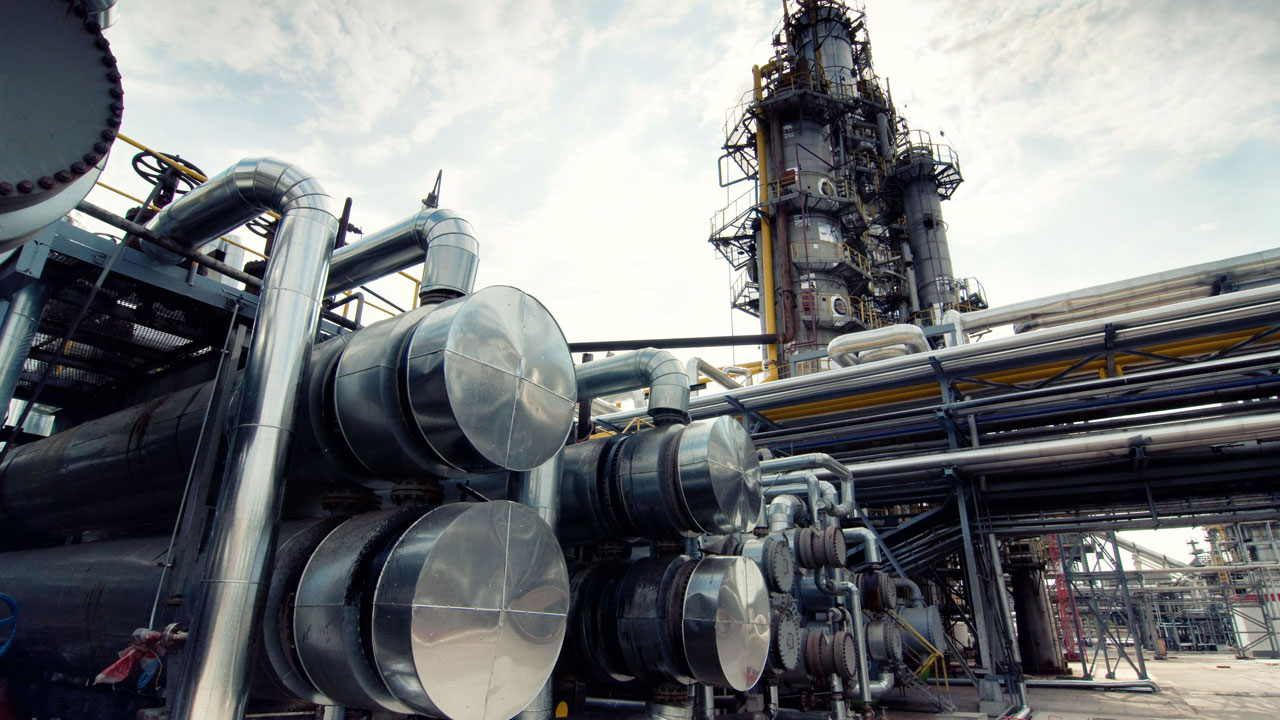- ExxonMobil’s One Billion Crude Oil Discovery Spurs Interest in Government Policies to Grow Reserves
As Nigeria’s crude oil reserves increased to 37 billion barrels, led by new discovery by ExxonMobil, the need for strategic policies capable of encouraging investment in exploration production becomes imperative.
This new feat has been seen by stakeholders as a significant development in the country’s quest to increase reserves to 40 billion barrels by 2020, saying that with the right investment incentives and adequate policies, the country will be able to achieve its targets to increase crude oil reserves
Nigeria’s dream has been production targets of four million barrels per day and 40 billion barrels in reserves, which it had been pushing since 2010. But disruptions in production on account of militancy in the Niger Delta and vandalism have been combined to keep these projections a mere dream.
However, hopes are higher now than ever before as the Federal Government opens negotiations with various stakeholders in the oil-rich region with a view to calming frayed nerves, douse tensions and find lasting solutions to youth restiveness in the region.
Expectations are further given a lift as Vice President Yemi Osibanjo embarks on tours of the Niger Delta with a promise to improve on infrastructure development in the areas, which have been neglected for many decades. Also, youths in the host communities have been promised more jobs, the Amnesty Programme to be recorganised for greater effectiveness, while oil companies have been ordered to relocate their head quarters to the region.
The Group Managing Director of the Nigerian National Petroleum Corporation (NNPC), Dr. Maikanti Baru, noted that for Nigeria to achieve the 40 billion barrels reserves and four million barrels per day by 2020, the country needs to grow its reserve by at least one billion barrels year-on-year till 2020.
Baru said: “Cconsidering our quest for revenue generation as a nation, it is given that we need to increase our exploration efforts in order to sustain our reserve base and grow production”.
He therefore charged industry stakeholders to invest in exploration activities, especially now that crude oil price is low “so that when the tide turns, all we would need to do is to turn on the taps”.
Nigeria unit of United States-based ExxonMobil Corporation last year, discovered about one billion barrels of crude oil at the Owowo field, located off shore Koloama community in Bayelsa State.
The new discovery is estimated to hold about one billion barrels of crude oil in reserve, which at an average price of $50 per barrel, holds a $50 billion in potential revenues for Nigeria’s oil and gas industry over the next few years.
To achieve additional one billion barrels yearly target, former President of Nigerian Association of Petroleum Explorationists, Nosa Omorodion, stressed the need to review and renegotiate contracts; re-evaluate portfolios to understand why they are dormant or underperforming and take steps to guarantee reasonable return.
According to Omorodion, reduction in hydrocarbon exploration has resulted in declining oil and gas reserve base. “It is not rocket science to draw the conclusion that Nigeria’s aspiration of 40 billion barrels reserve base and 2.2 million barrels a day production quota is at best elusive.
The President of Petroleum Technology Association of Nigeria (PETAN), Bank Anthony Okoroafor, urged the Federal Government to make available $1 billion yearly to add more barrels to the country’s oil reserves.

 Naira3 weeks ago
Naira3 weeks ago
 News4 weeks ago
News4 weeks ago
 Naira4 weeks ago
Naira4 weeks ago
 Jobs3 weeks ago
Jobs3 weeks ago
 Travel3 weeks ago
Travel3 weeks ago
 Naira3 weeks ago
Naira3 weeks ago
 Naira3 weeks ago
Naira3 weeks ago
 Investment4 weeks ago
Investment4 weeks ago






























